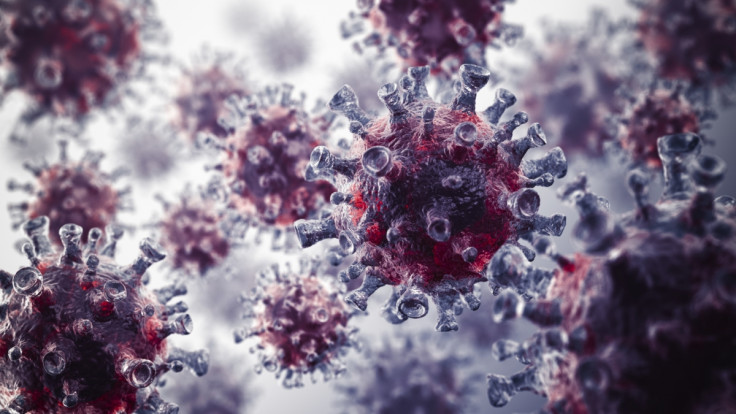Nanoparticles may be key to universal vaccine against cancer

Scientists have created a vaccine which could prove effective against different types of cancers. Composed of nanoparticles, it creates a potent immune response against tumours.
For years, researchers have worked to produce vaccines against cancers. The most effective approach so far has been to design preventive vaccines - for example the HPV vaccine against human papilloma virus which can cause cervical cancer.
However, it has been difficult to develop effective vaccination against tumours that are already in the body.
This is mostly because cancer cells are in many ways similar to 'normal' cells, so even if an immune response is initiated by a vaccine, the immune system may avoid attacking cells it views as its own.
The latest study, published in Nature, proposes a novel approach based on nanoparticles carrying tumour RNA -directly targeting cancerous cells.
How the vaccine works
The vaccine is composed of nanoparticles carrying tumour RNA, which simulate the intrusion of a viral pathogens in the bloodstream. The nanoparticles activate immune system dendritic cells. Their function is to present antigens to T cells, as well as to trigger and control T cells' response to fight against pathogens.
Here, the dendritic cells translate the tumour RNA obtained from the vaccine's nanoparticles, in order to create a cancer-specific antigen. The authors show that this then triggers a strong antigen-specific T cell response, leading to a potent rejection of progressive tumours, in different mouse models.
First step to universal vaccine
Promising preliminary results from a human phase I trial of the vaccine have also been observed. Three melanoma patients treated with a low vaccine dose experienced an antigen-specific T-cell response to fight off their tumours.
More research on humans will have to be carried out in order to fully assess the potential of this method. However, because almost any cancer-specific antigen can be encoded by RNA, the nanoparticle vaccine may potentially qualify as a universal vaccine for cancer immunotherapy if it appears to work in larger scale trials.
© Copyright IBTimes 2025. All rights reserved.






















